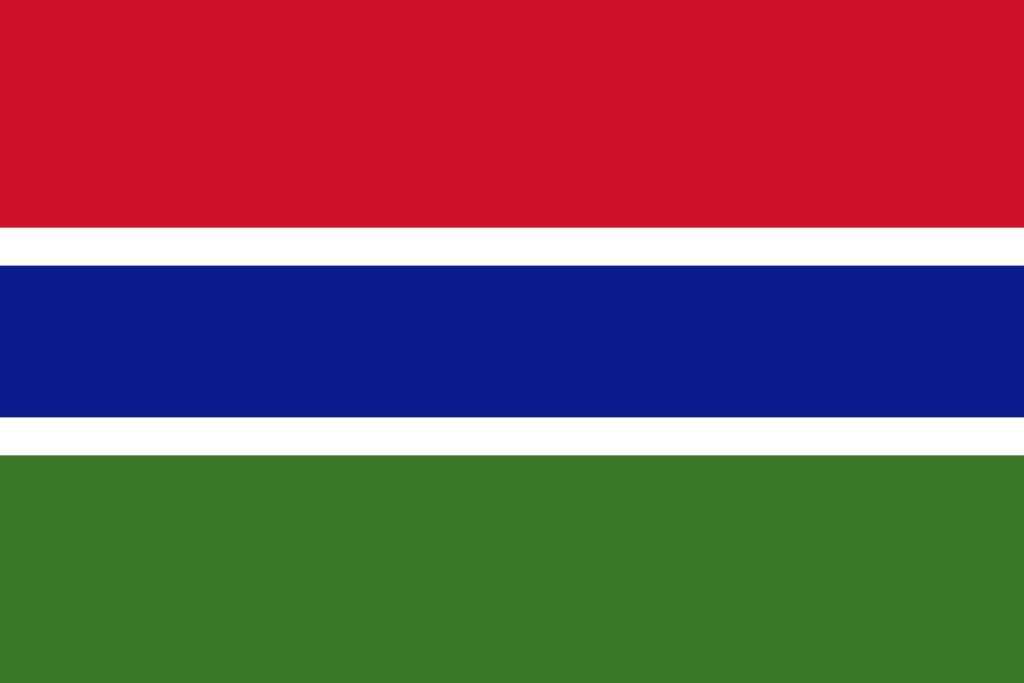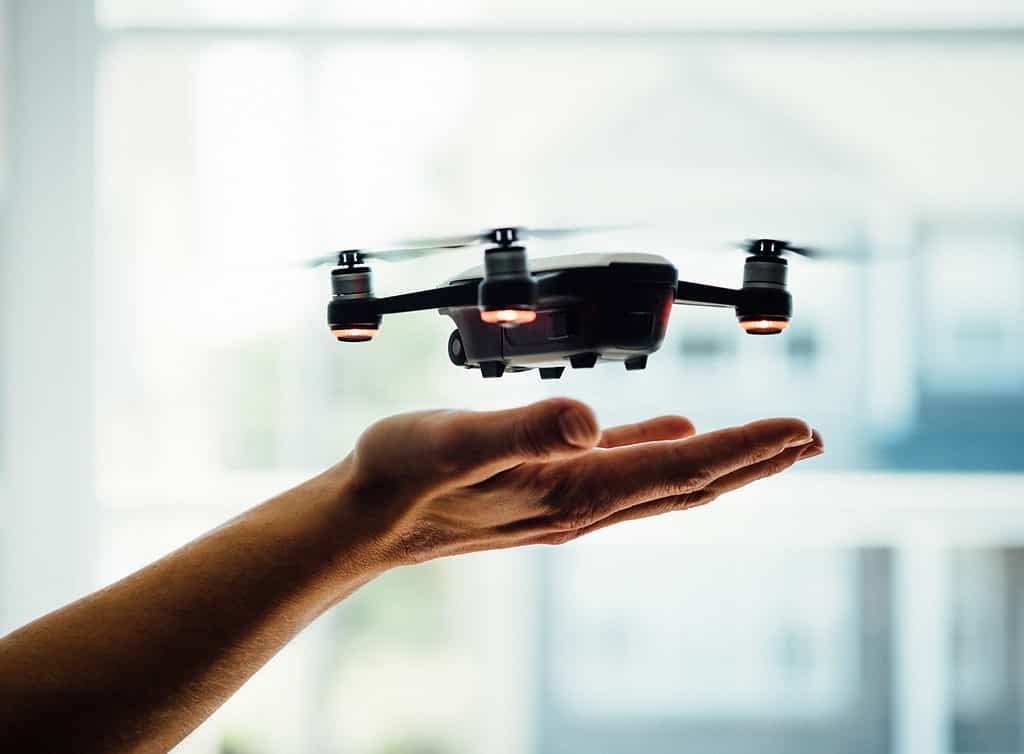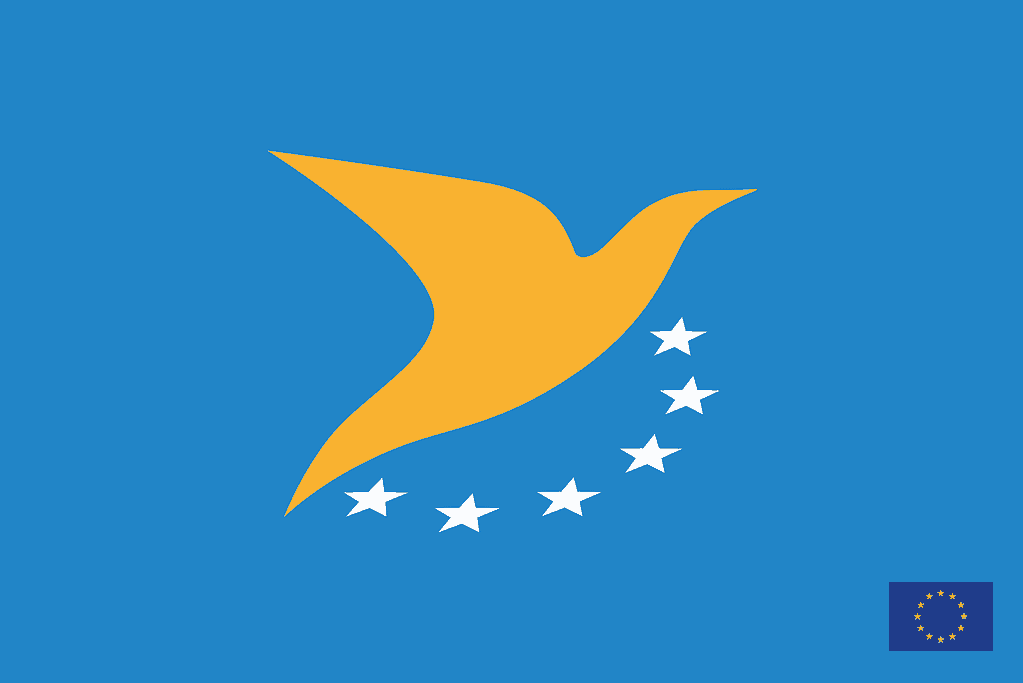Summary of Drone Laws in the Gambia
Hobbyist Drone Laws For Residents of the Gambia
Drone Operations in the Gambia are currently regulated.
- Hobbyist drone flights are allowed in the Gambia
- Hobbyist Gambia drone pilot license is required
- Hobbyist Drone registration is required in the Gambia for hobbyists
- Drone Remote ID is not required in the Gambia for hobbyists
- Drone Insurance is not required but recommended for hobbyists’ drone operations in the Gambia
Read below for more details on Hobbyist Drone Laws in the Gambia and to find links to regulators and other credible sources!
Commercial Drone Laws For Residents of the Gambia
Drone Operations in the Gambia are currently regulated.
- Commercial drone flights are allowed in the Gambia
- Commercial Gambia drone pilot license is required
- Commercial Drone registration is required in the Gambia for commercial drone operators
- Drone Remote ID is not required in the Gambia for Commercial Drone Operators
- Drone Insurance is not required for commercial drone operations in the Gambia
Read below for more details on Commercial Drone Laws in the Gambia and to find links to regulators and other credible sources!
Drone Regulations For Visitors To the Gambia
Drone Operations in the Gambia are currently regulated.
- Foreign visitor drone flights are allowed in the Gambia
- Foreign visitor drone pilot license is required
- Drone registration is required in the Gambia for visitors/tourists
- Drone Remote ID is not required in the Gambia for tourists
- Drone Insurance is not required but recommended for tourist drone operations in the Gambia
Read below for more details on Drone Laws in the Gambia for Visitors (Tourists) and to find links to regulators and other credible sources!
Drone Rules For Government Drone Operators in the Gambia
Drone Operations in the Gambia are currently regulated.
- Government drone flights are allowed in the Gambia
- Government drone pilot license is required
- Drone registration is required in the Gambia for Government operations
- Drone Remote ID is not required in the Gambia for Government operations
- Drone Insurance is not required for Government drone operations in the Gambia
Read below for more details on Drone Laws in the Gambia for Government Drone Operations and to find links to regulators and other credible sources!
Agencies Responsible for regulating drones in the Republic of the Gambia
Drone Regulator in Gambia: Gambia Civil Aviation Authority (CAA) Please note the CAA website https://www.gcaa.aero/portal/ has been difficult to reach on occasion
Link to Gambia Drone Laws: The Gambia Civil Aviation Regulations – Currently offline – https://www.gcaa.aero/portal/index.php?option=com_jdownloads&view=viewcategory&catid=22&Itemid=235
UAS Laws – General rules for flying drones in The Gambia
The Gambian agency responsible for drone safety, CAA, has provided several internet-accessible details on flying for fun or work. The highlights are enumerated below. For more details, go to the link above.
Are drones allowed in the Gambia?
According to CAA, drone use is allowed in the Gambia, subject to CAA regulations. Read on for more details.
Here are the most important rules to know for flying a drone in the Gambia:
Aviation Regulations Part 8: Operations Section 137
137. Remotely Piloted Aircraft (RPA)
- A person shall not operate an RPA in a manner that would cause a hazard to persons, property, or other aircraft.
- A person operating an RPA shall comply with the general operating rules as listed below–
- a person operating an RPA, registered in The Gambia or holding an operator certificate from The Gambia, and its RPAS shall not –
- operate in The Gambia without the appropriate authorization from the Authority,
- engage in international air navigation without the appropriate authorization from the State from which the take-off of the RPA is made, or
- operate across the territory of another State without special authorization issued by each State in which the flight is to operate, which shall be obtained before take-off if there is a reasonable expectation when planning the operations that the aircraft may enter the airspace concerned,
- shall not operate over the high seas without prior coordination with the appropriate ATS Authority, which shall be obtained before take-off if there is a reasonable expectation, when planning the operations, that the aircraft may enter the airspace concerned,
- shall operate per conditions specified by the State of Registry and the State of the Operator if different and the State(s) in which the flight is to operate,
- shall ensure that the RPAS meets the performance and equipment carriage requirements for the specific airspace in which the flight is to operate;
- once authorization has been received by the Authority, the operator”-
- shall file a flight plan before the operation of an RPA,
- shall notify the Authority and ATC immediately in the event of a flight cancellation, and
- shall, in the case of changes to the proposed flight, submit such changes to the Authority for consideration.
- a person operating an RPA, registered in The Gambia or holding an operator certificate from The Gambia, and its RPAS shall not –
- A person shall not operate an RPA registered in The Gambia or holding an operator certificate from The Gambia unless the RPA, RPAS, and the remote pilot has obtained the proper approvals of the Authority, as listed below-
- an RPAS shall be approved, taking into account the interdependencies of the components, per Part 5, including-
- a certificate of airworthiness for the RPA, and
- the associated RPAS components specified in the type design certificate and maintained following national regulations;
- an operator shall have an RPAS operator certificate issued following national regulations; and
- remote pilots shall be licensed or have their licenses rendered valid per Part 2.
- an RPAS shall be approved, taking into account the interdependencies of the components, per Part 5, including-
- Concerning the request for authorization-
- the request for authorization referred to in paragraph (b) above shall be made by providing the required information in the application form contained in Schedule 8.6; and
- a request for authorization to operate an RPA in The Gambia shall be made by following the requirements in Part 10 and providing the required information in the application form contained in the Schedules of Part 10.
Additional Notes for Foreign Operators
Part 10 COMMERCIAL AIR TRANSPORT BY FOREIGN AIR OPERATORS
Chapter 7 Approval to operate Remotely piloted aircraft in the Gambia
Requirements for Application by Foreign Persons or Operators for Approval to Operate Remotely Piloted Aircraft into The Gambia
- A foreign operator shall not operate an RPA in The Gambia unless authorized by the Authority and holds the associated approvals, conditions, and limitations issued to it by the Authority.
- When a foreign operator wishes to apply to operate RPA in The Gambia, it shall-
- make such application to the Authority in the form and manner prescribed; and
- make such application in a form and manner prescribed by the Authority.
- An application for approval to operate in The Gambia shall be accompanied by a copy of the following, in English translation if the original documents are not in the English language, for each RPA proposed to be operated in The Gambia-
- a certified true copy of a valid RPA operator certificate;
- certificate of aircraft registration;
- certificate of airworthiness;
- remote pilot(s) licence and medical certificate(s);
- aircraft radio station license, if applicable;
- insurance certificate;
- noise certificate issued per ICAO Annex 16 aircraft operator security program; and
- any other document the Authority considers necessary to ensure that the intended operations will be conducted safely.
- An applicant under these Regulations shall apply for the initial issue of a foreign RPA approval at least 90 days before the proposed operation’s commencement date.
- Once authorization has been granted by the Authority, the operator shall –
- file a flight plan before the operation of an RPA;
- follow the operational rules for RPA in Part 8;
- notify the Authority and ATC immediately in the event of a flight cancellation, and
- in the case of changes to the proposed flight, submit such changes to the Authority for consideration.
Notes for recreational drone pilots flying for fun in the Gambia
See the general rules above.
Notes for operating Commercial Drone Services in the Gambia
See the general rules above.
Useful published information on flying drones in the Gambia
Here is a sample of what you might expect if you follow the drone laws and fly in the Gambia…
Authoritative Sources of Information on the Gambia Drone Laws
We will attempt to keep an updated list of online authoritative links to regulators and other official websites here:
- Drone Regulator Website: Gambia Civil Aviation Authority (CAA) Please note the CAA website https://www.gcaa.aero/portal/ has been difficult to reach on occasion
- Link To SUAS Laws: The Gambia Civil Aviation Regulations – Currently offline – https://www.gcaa.aero/portal/index.php?option=com_jdownloads&view=viewcategory&catid=22&Itemid=235
- No Fly Zone Maps/Locations: N/A
- UAV Registration Site: N/A
- Drone Operator Licensing Site: N/A
- Others: N/A
NOTE: This page is about the Regulation of Unmanned Aerial Vehicles: Small Unmanned Aerial Systems (SUAS), Small UAS, Remote Piloted Aerial Systems (RPAS), unmanned aerial vehicle (UAV), Unmanned Aerial System (UAS), and drone are interchangeable terms unless specified. Model Aircraft, toy, remote-controlled, and RC aircraft may be covered by the same regulations unless specified.
Find out why
We think you must use a Drone Preflight Checklist
And a Drone Post-flight checklist
Free Drone Flight Checklist PDF
This Drone Flight Checklist is better than others.
It’s free!
It includes both the preflight checklist and post-flight checklist
It’s an easy-to-use printable PDF that covers all your bases.
Traveling with a Drone?
Click here to read our Comprehensive Guide For Traveling With A Drone.
NOW IT’S YOUR TURN




Leave a Comment